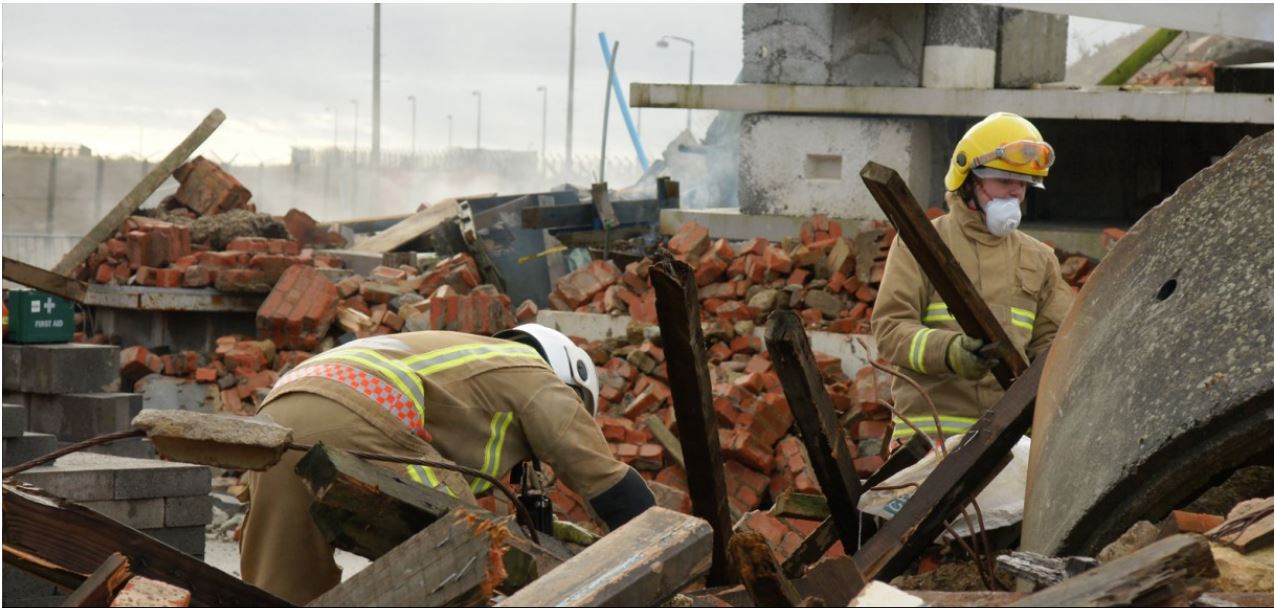An analysis in the British Journal of Psychiatry examined 1,160 Chileans in 2003 and 2011, both before and after the sixth-most-powerful earthquake on record and subsequent tsunami struck their country in 2010. When the first survey was done in 2003, none of the participants admitted to a history of post-traumatic stress disorder (PTSD) or major depressive disorder (MDD). After the 2010 earthquake, 9.1 percent of the survivors were diagnosed with PTSD and 14.4% with MDD.
The authors correlated the risk of developing these disorders with multiple pre-disaster stressors, such as serious illness or injury, death of a loved one, divorce, unemployment or financial struggles, legal troubles or loss of a valuable possession. Basically, almost anything that 99 percent of the world faces. It was if individuals crossed a "severity threshold" of four or more pre-disaster stressors that they seemed to be at increased risk for post-disaster PTSD (relative to those rare people who declared zero stressors) while MDD displayed a slightly different pattern: Even a single stressor increased a person's risk of developing post-disaster MDD, and each additional stressor further increased the risk.
Image provided by Brown University.
Since we are just coming out of a coronavirus pandemic, and black and latino people in the U.S. have greater co-morbidities that led to higher COVID-19 deaths, those plus the increased job instability that 40,000,000 Americans face due to government lockdowns could mean they are most likely to suffer from serious mental health conditions following the pandemic.




Comments